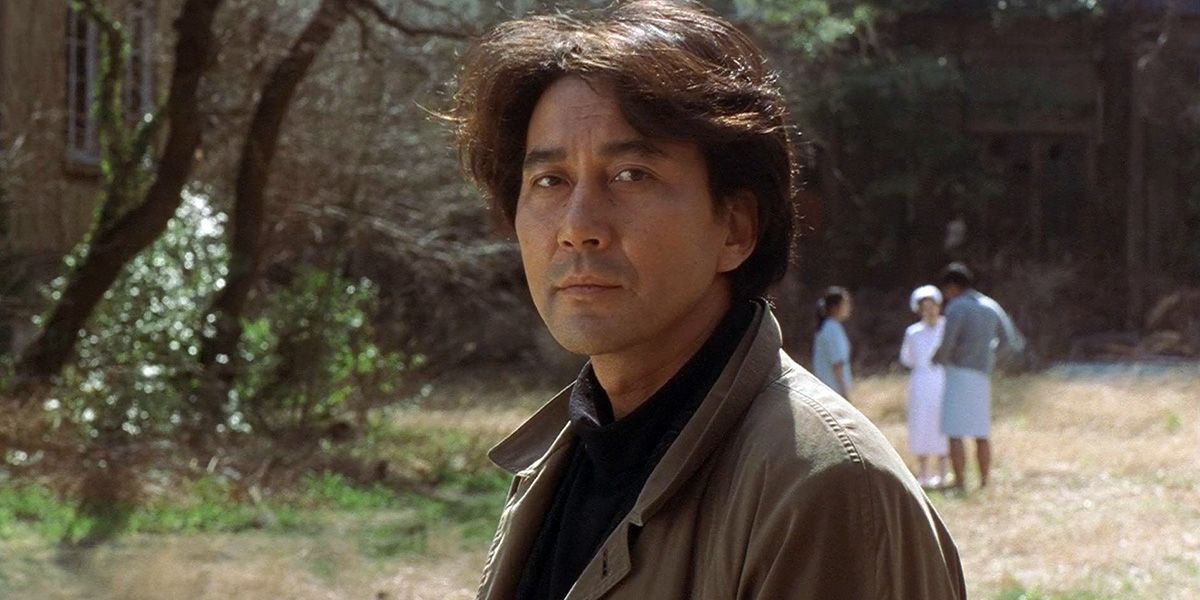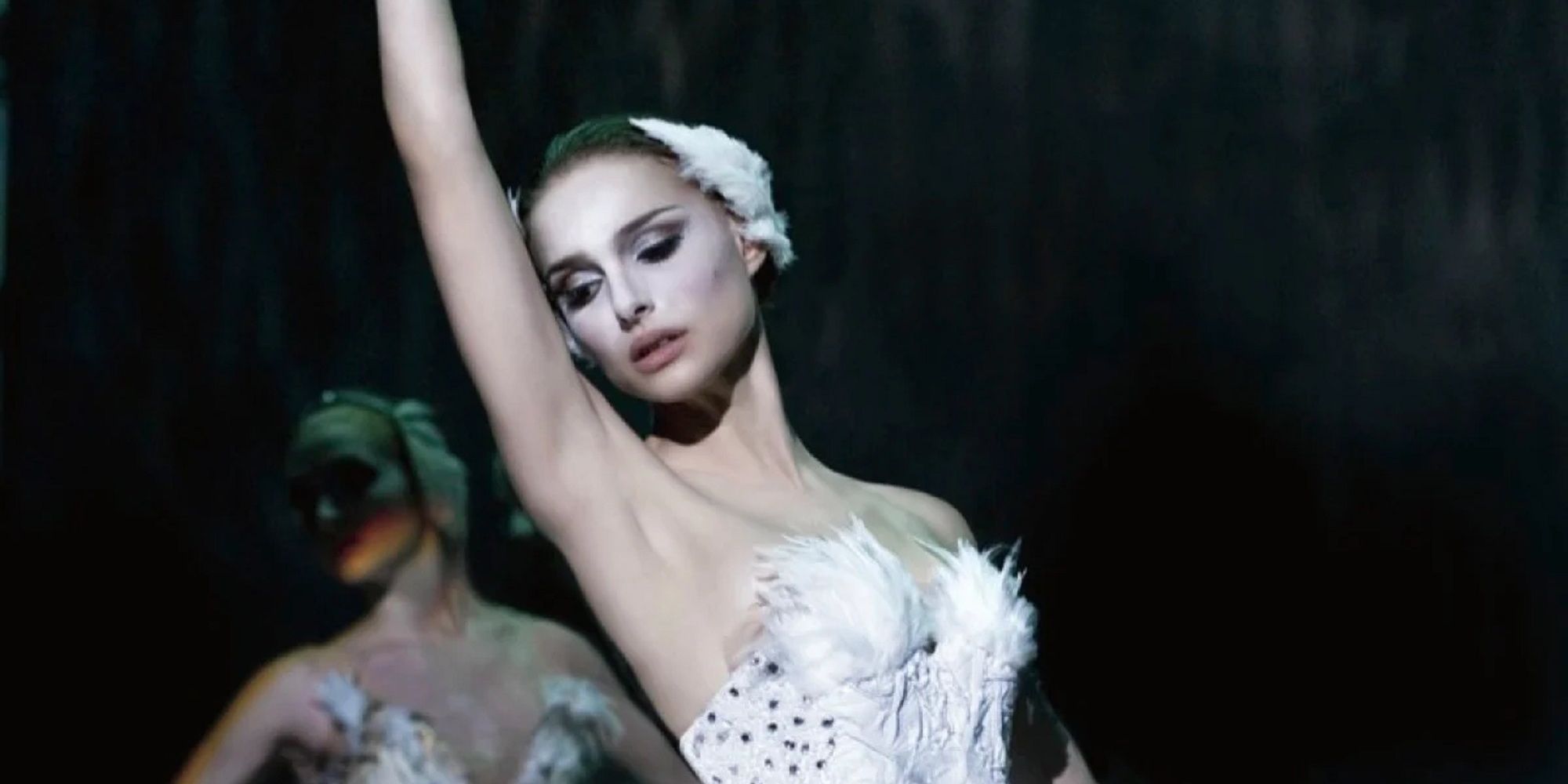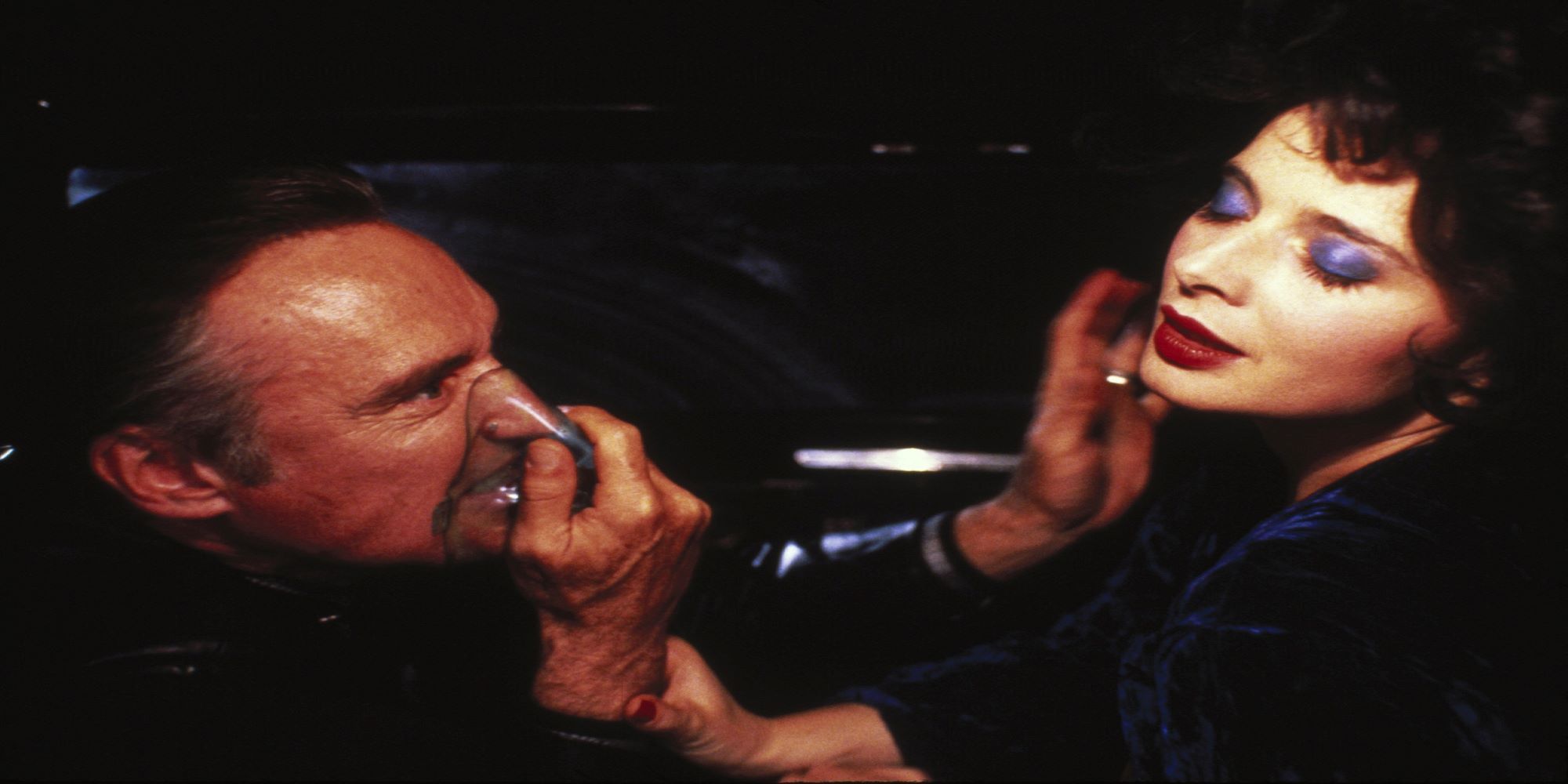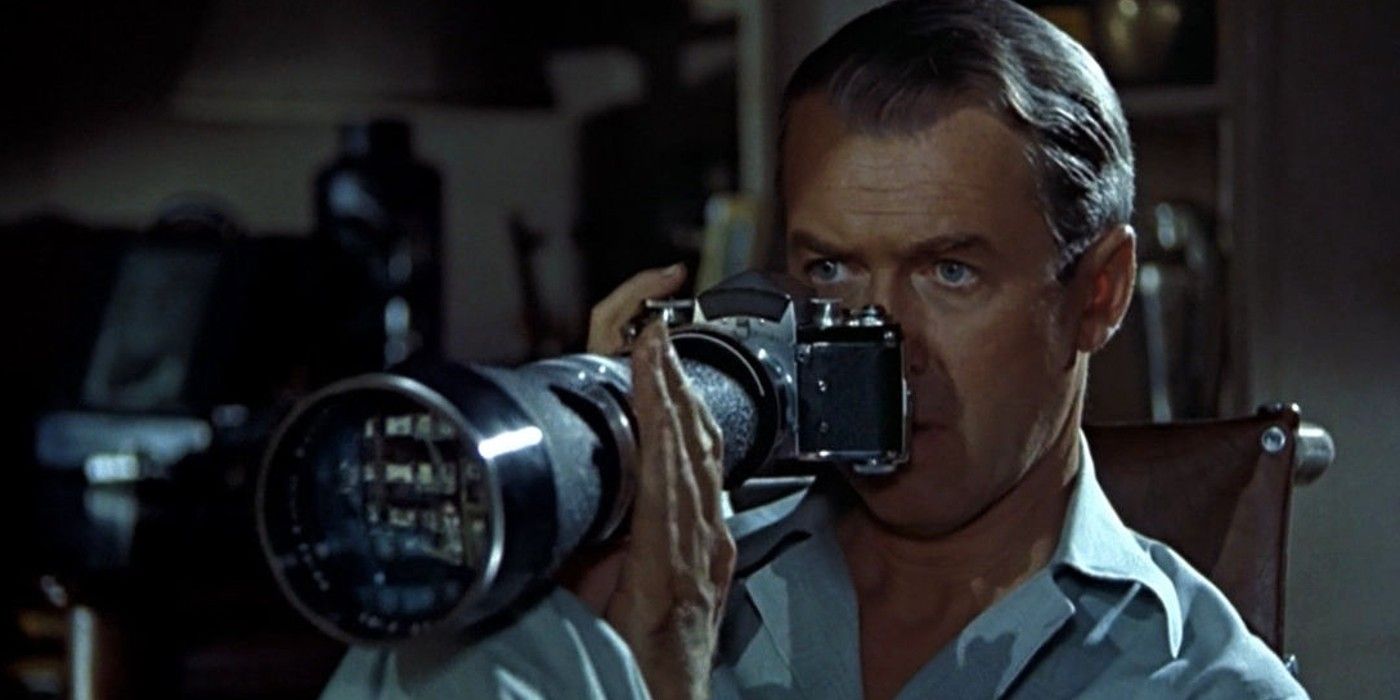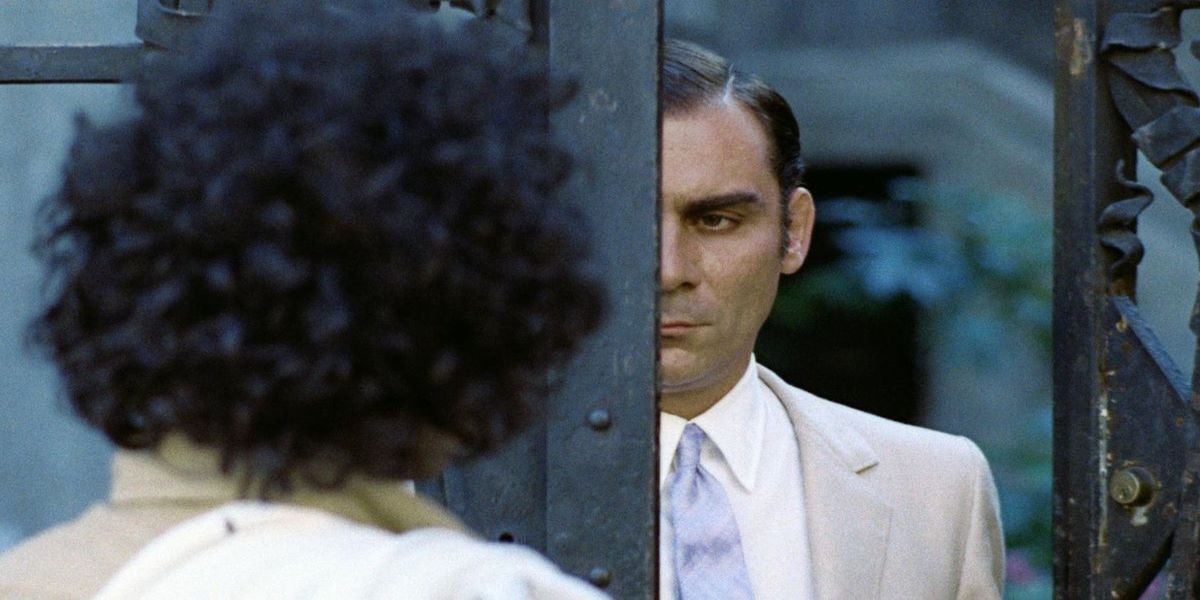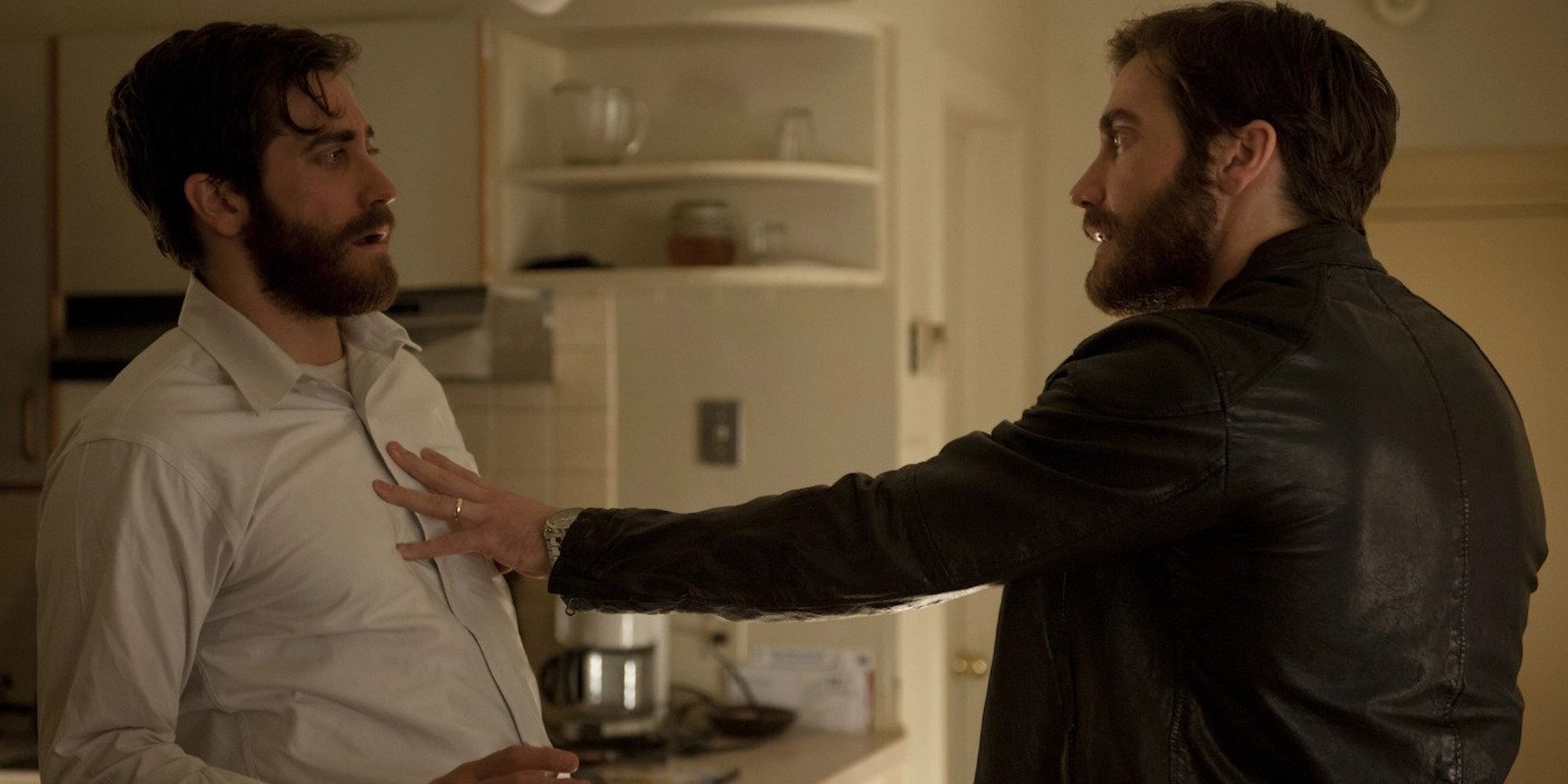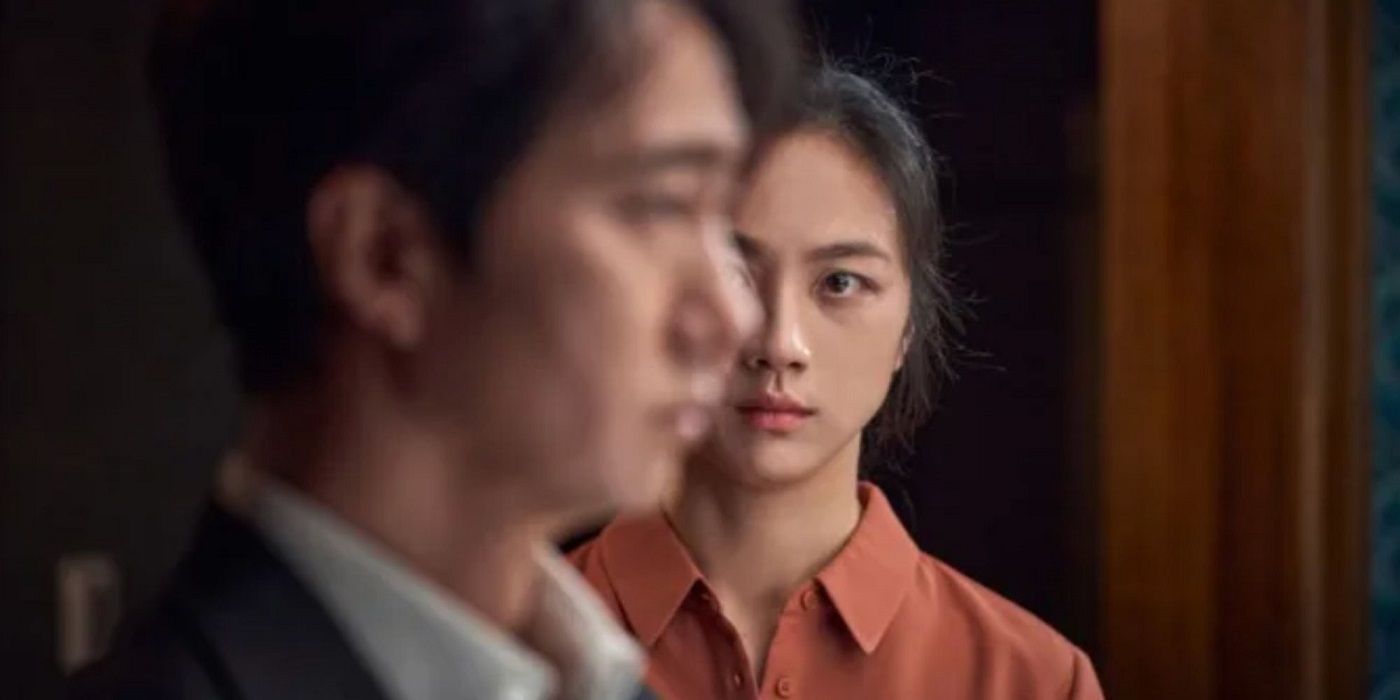What makes a thrilling moment so effective? Whether it be the moment before a drop on a roller coaster or the orchestral soundtrack before a big moment in a film, the sudden sensation of excitement comes down to tension. The anticipation of something moving or jarring can be just as memorable as the event itself.
There is just something about a slow, creeping tension that makes a climax so much more exciting. Being on the slower side isn’t necessarily bad: for example, the recent controversial reveal that the infamously meticulous Jeanne Dielman, 23 quai du Commerce, 1080 Bruxelles has been ranked first in Sight & Sound’s decennial greatest films of all time list. It shows that even the most seemingly banal dramas can be climactic when done effectively. Thrillers, on the other hand, naturally lend themselves to a slow buildup, making that final shocking reveal even more satisfying.
'Prisoners' (2013)
A crime thriller with a sharp sense of brutality, Prisoners follows Keller Dover and Detective Loki, played passionately by Hugh Jackman and Jake Gyllenhaal, respectively, as they attempt to uncover the culprit behind the kidnapping of Dover's daughter. In a heavy twist reveal, the film comes to a solemn, gut-punch conclusion that leaves the audience trapped in the scourge of innocent appearances.
Denis Villeneuve may be more well-known today for his ambitious sci-fi adaptations, yet the grounded Prisoners may stand out the most. Its slow escalation, with Loki facing burnout along misleading trails and Dover's paranoia allowing him to place more blame and physical aggression against a seemingly innocent Paul Dano, makes the climax repulsively frightening.
'The Conversation' (1974)
Obsessed and anxious, Gene Hackman, as surveillance professional Harry Caul listens to a cryptic conversation that he catches on tape, again and again, hoping to reveal details of a potential murder in The Conversation. Going to extreme lengths to confirm his suspicions, the relatively understated narrative becomes a violent teardown of Caul's world as he reaches a breaking point.
This may have been released during the Watergate era, yet it holds universal truths on the inner workings of unchecked mania. A character portrait atypical in the acclaimed catalog of auteur Francis Ford Coppola, whose work in the mafia genre needs no introduction, The Conversation has an unflinching conclusion that is tragically foreseeable.
'Nightcrawler' (2014)
Through the lens of Los Angeles nightlife, Nightcrawler showcases Jake Gyllenhaal as Lou Bloom, a crime journalist whose increasingly reckless ploys for captivating imagery come to a dramatic head. When betrayal makes Bloom a success, he is shown advising a group of protégés in the final moments giving the chilling instructions: "don't do anything I wouldn't do."
With striking commentary on degenerate human interest, this slow burn is engrossing in its depravity, and how dehumanized our world has become. Lou Bloom is one of the most mesmerizing antiheroes ever put to screen, and his lack of change from a cold-hearted and opportunistic street rat to one with notoriety, a bigger budget, and self-justification is incredibly effective.
'Cure' (1997)
Kiyoshi Kurosawa's Cure begins under the threat of an unusual string of murders in Tokyo, where the assailants are found near the victims, remembering nothing of their crimes. As the sinister reasoning is slowly unveiled, this 1997 Japanese thriller ends in a shocking slam cut to credits that will leave viewers questioning everything they had thought before.
Unique in its depiction of violence and deliberate lack of build-up, Cure goes for an interesting "true to life" presentation that is a courageous confrontation of our real-world expectations of the traditional "thriller." An extremely minimalist presentation is fitting for such a grounded story, and without directorial flourishes, we are brought into a world that can only be equivalent to our own.
'Black Swan' (2010)
One of the finest thrillers of the 2010s, Black Swan follows disciplined perfection as Nina Sayers (Natalie Portman) strives to be The Swan Queen in The New York City Ballet Company's rendition of "Swan Lake." This dedication to perfection is ultimately the downfall of Sayers, who, in a dramatic conclusion, achieves her goals despite her mania.
Portman's captivating portrayal shines as a sheltered young woman who slowly loses her sanity over the authoritative figures in her life, finding an escape that ultimately proves catastrophic. The parallels to the "Swan Lake" ballet performance and the actual narrative of the film are intricately woven and serve as a reminder that Darren Aronofsky is an intimate director with astute attention to character.
'Blue Velvet' (1986)
Regarding subversive and experimental crime thrillers and mysteries, David Lynch is one of the most revered: the illustrious Blue Velvet is just one example of why. When a young college student returns to his hometown and makes an unsettling discovery, the film follows an investigation into a world of sadism that ultimately ends in bloodshed.
In an absolutely over-the-top performance by Dennis Hopper as the merciless Frank Booth, Blue Velvet goes to many confronting extremes and pushes boundaries without betraying its central intrigue. As expected for David Lynch, the characters and situations are bizarre, impractical, yet still fundamentally engaging.
'Rear Window' (1954)
Rear Window is a classic example of a simple concept done right. Starring James Stewart as the inquisitive L. B. Jefferies, a temporarily immobilized professional photographer, the slow burn begins when innocent people-watching turns dark as he suspects murder among his neighbors. Hosting an escalation of twists and turns that only the great Alfred Hitchcock could achieve, the picture ends with a shocking shift from the relative comfort of distance to personal confrontation.
Doing a lot with a little, viewers should not be fooled by the solitary setting as Rear Window succeeds in its simplicity. Every minor clue and detail towards the mystery is expertly unfolded, always leaving the characters and audience guessing. The 1954 film impressively holds up visually, allowing the thrills to shine in a modern context.
'Investigation of a Citizen Above Suspicion' (1970)
Being relatively unknown, Investigation of a Citizen Above Suspicion demands a reprisal in the world of gripping thrillers. After committing a serious crime, a senior police chief attempts to expose evidence incriminating himself because of his moral commitment to protecting law and social order. Yet, as his motivations are proven to be more complex, a freeze-frame ending shot will stun viewers regarding the resulting discipline.
An Oscar-winning film for Best Foreign Picture, this film has creative camerawork, multi-faceted storytelling, a passionate performance from the dynamic Gian Maria Volonté, and sickening satire on corrupt politics. It may be hard to watch due to its modern relevance, but it's also so engaging you can't look away.
'Enemy' (2013)
In a surprising dual performance from Jake Gyllenhall, Enemy follows a gentle college professor when he discovers his exact doppelgänger and delves into his private life. In an unbelievably shocking and unexpected final moment, the film ends with a central visual motif being scarily confronting, leaving viewers taken aback.
The visual tapestry that Denis Villeneuve weaves is mesmerizing from the beginning, allowing the central conflict to unveil with creeping suspense. The true meaning of Enemy may still be debated today, but that proves that viewers are still caught in its web almost ten years later.
'Decision to Leave' (2022)
When a seasoned detective investigates a suspicious mountaintop death in Decision to Leave, he begins to suspect the deceased’s wife, all while being unsettled by his attraction to her. As they pursue a romantic relationship, things turn tragic when the conflicting personal and professional actions are too much to bear.
Park Chan-wook's work is always so intricate and satisfying, and this time, a somewhat uncharacteristic sentimentality is at the forefront, building exceptionally into all the twists and turns. The constant subversion plays into an explosive and disastrous conclusion.

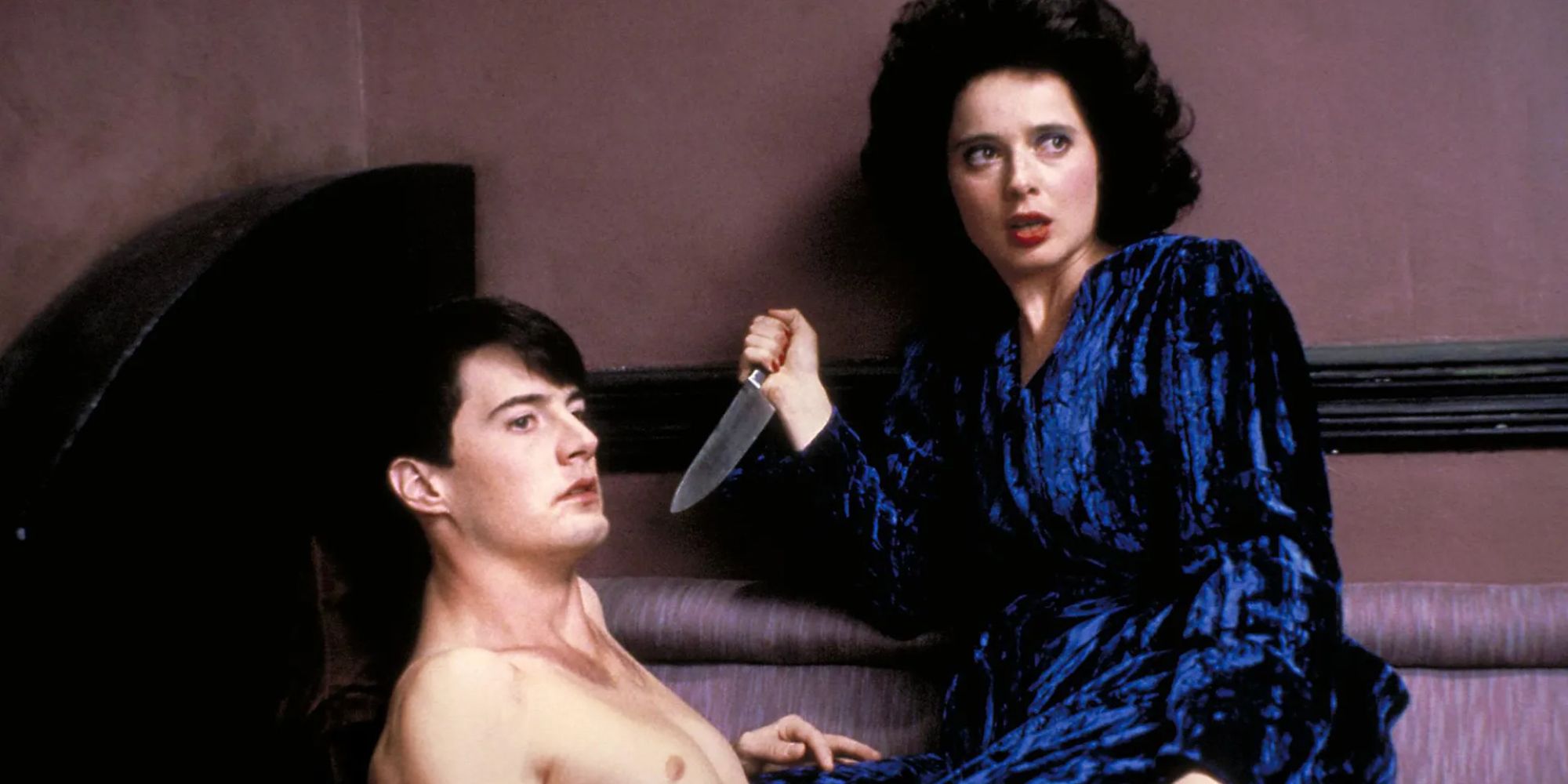
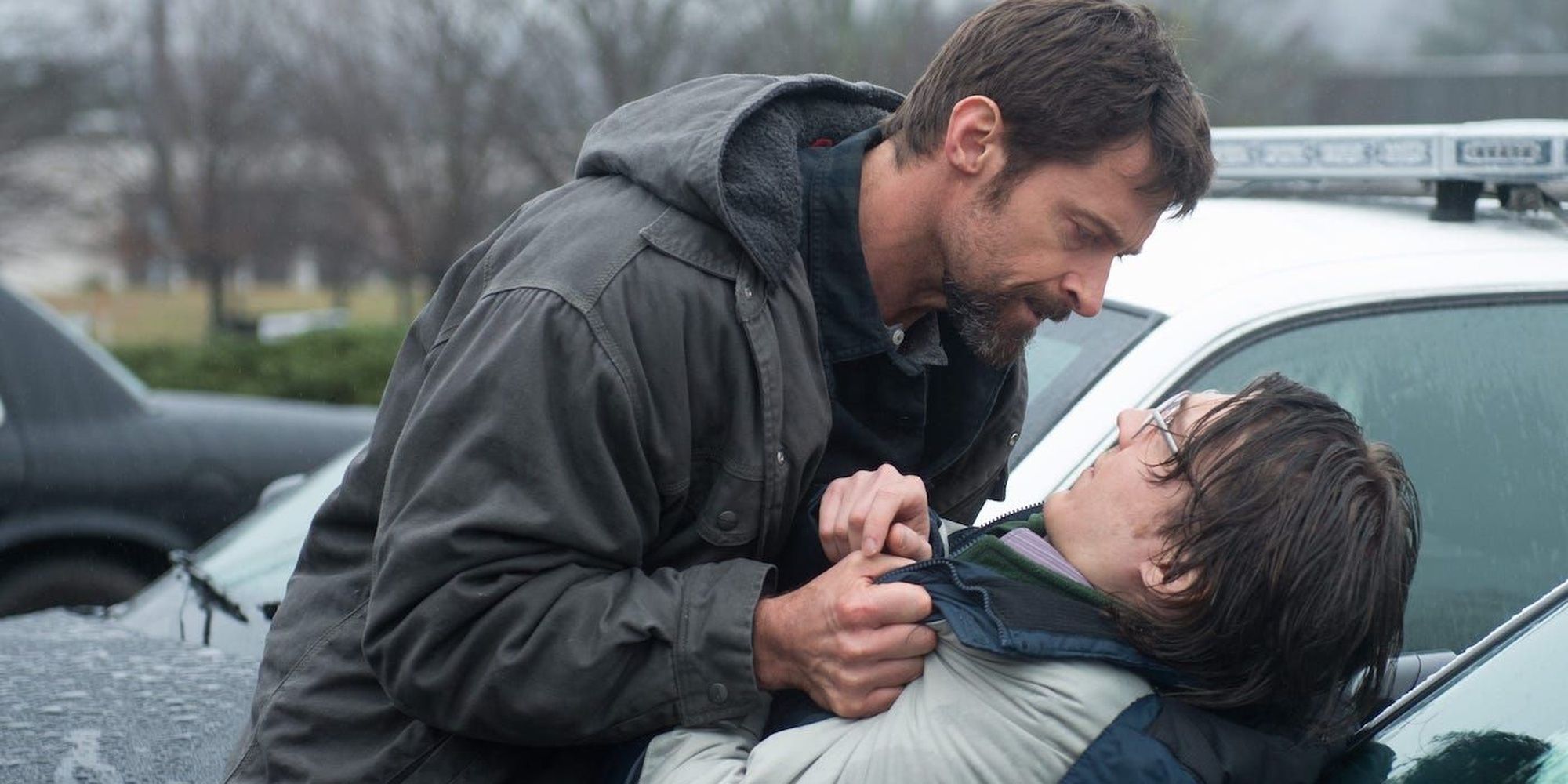
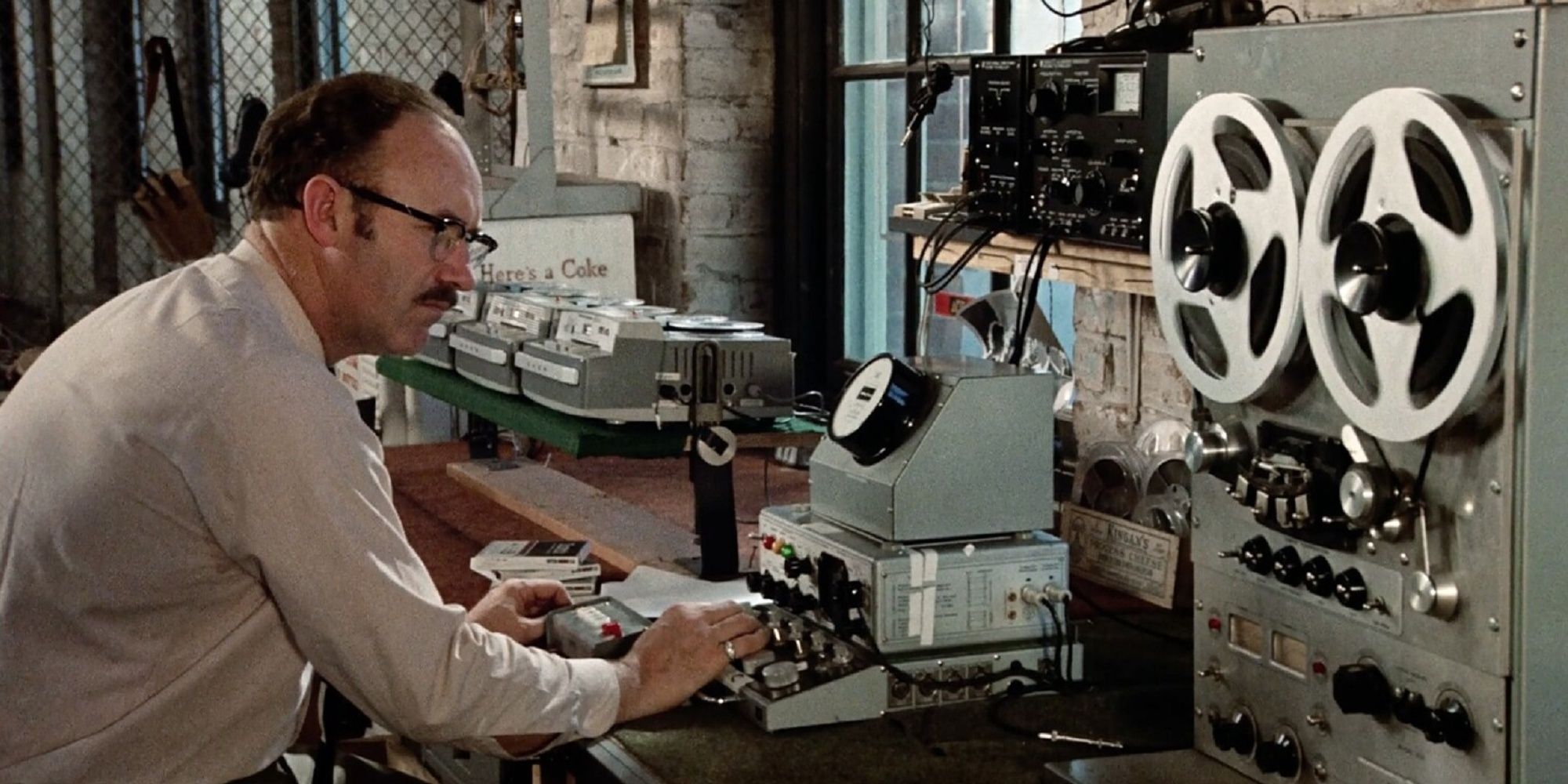
.jpg)
